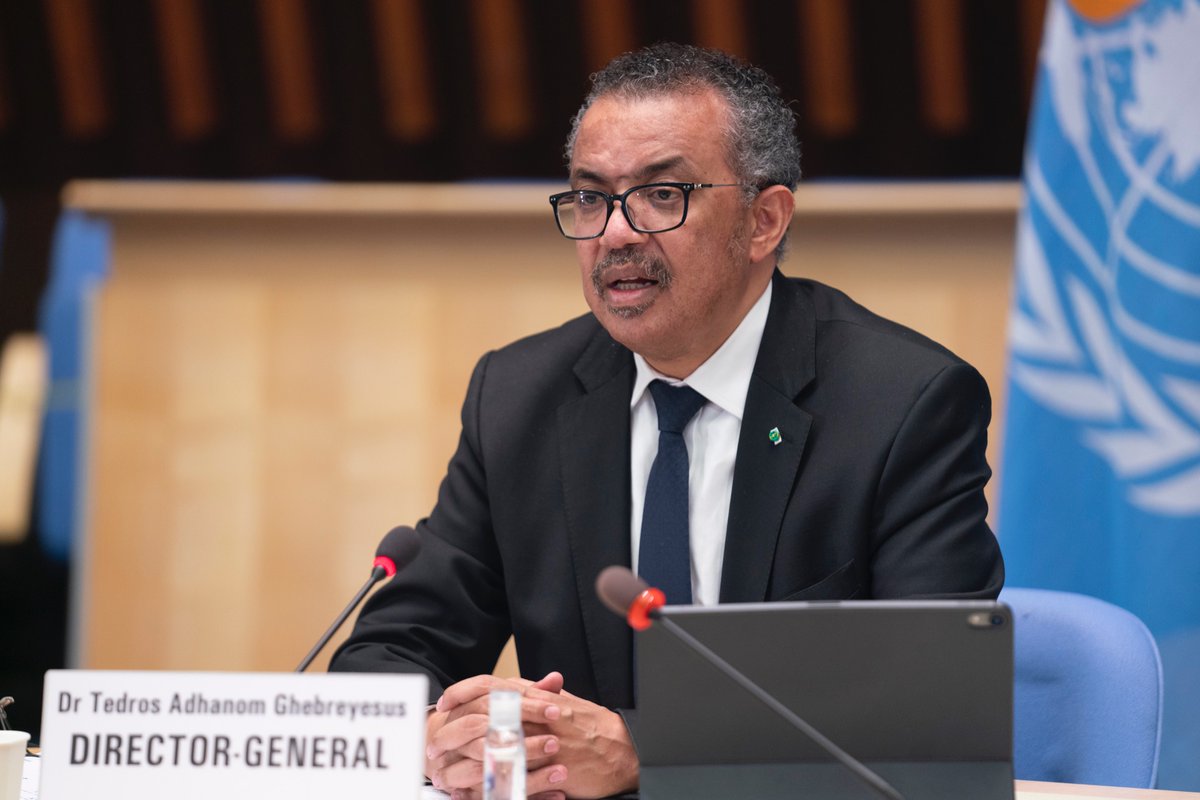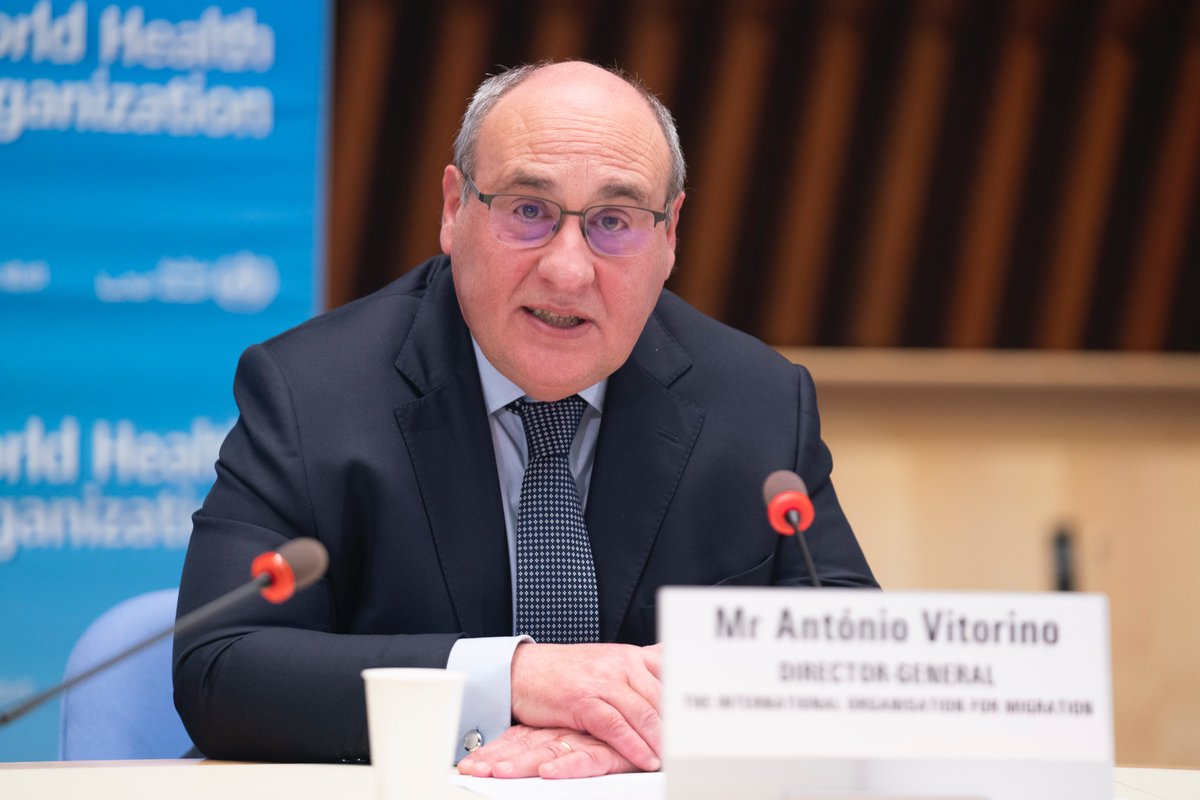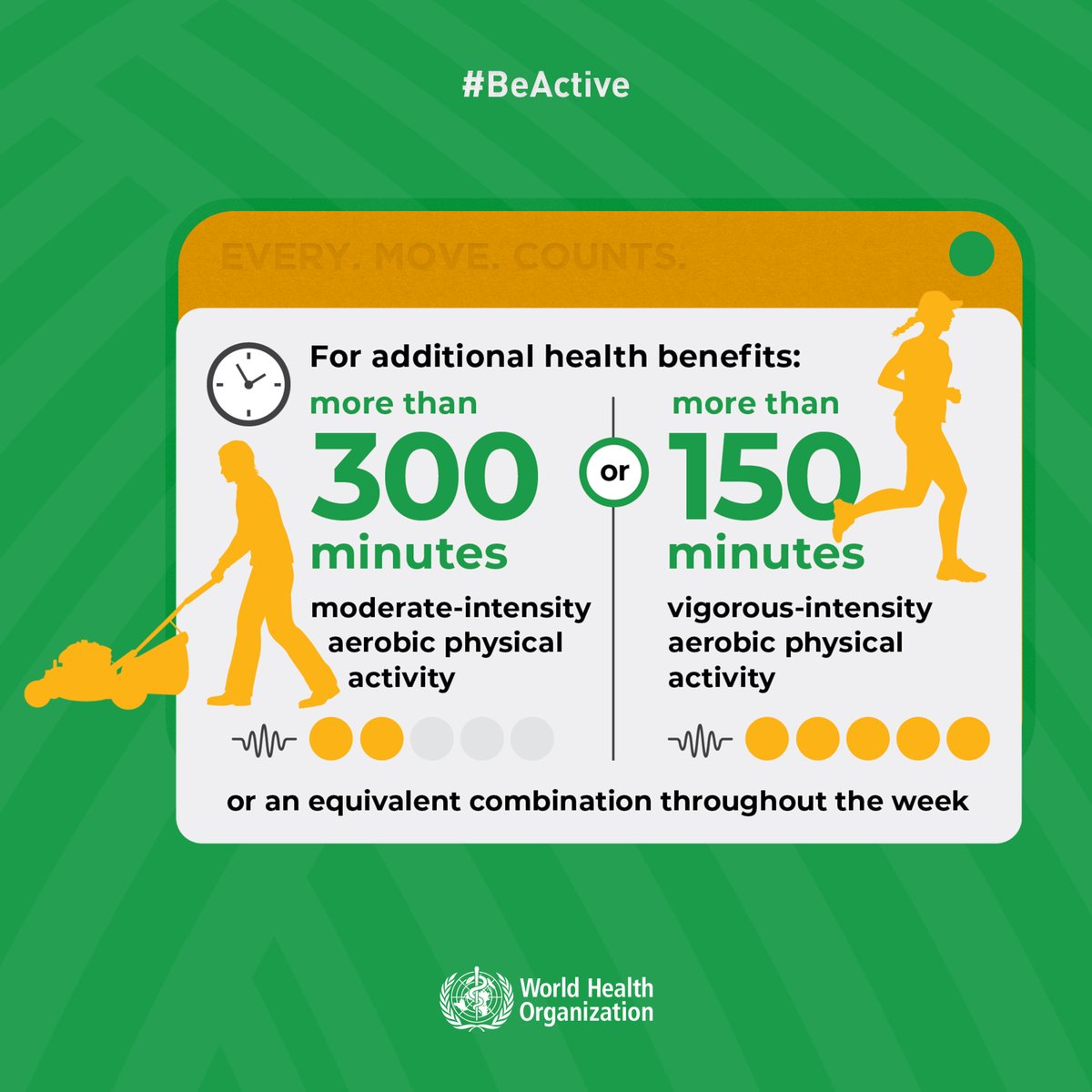
It's International #MigrantsDay
Many migrants often lack access to health services and financial protection for health.
#WeTogether means that the right to health applies to everyone - irrespective of nationality, race, colour, sex or other status
👉 bit.ly/32kGZQM
Many migrants often lack access to health services and financial protection for health.
#WeTogether means that the right to health applies to everyone - irrespective of nationality, race, colour, sex or other status
👉 bit.ly/32kGZQM

People living in dormitory settings are especially vulnerable to #COVID19.
Meet Raju, a migrant worker from Bangladesh 🇧🇩 who contracted the virus. Find out how his situation spurred Singaporeans 🇸🇬 & the government to take special measures to protect this community.
#WeTogether
Meet Raju, a migrant worker from Bangladesh 🇧🇩 who contracted the virus. Find out how his situation spurred Singaporeans 🇸🇬 & the government to take special measures to protect this community.
#WeTogether
It's International #MigrantsDay
HEALTH IS A HUMAN RIGHT
HEALTH IS A HUMAN RIGHT
HEALTH IS A HUMAN RIGHT
HEALTH IS A HUMAN RIGHT
#WeTogether can achieve #HealthForAll
👉 bit.ly/32kGZQM
HEALTH IS A HUMAN RIGHT
HEALTH IS A HUMAN RIGHT
HEALTH IS A HUMAN RIGHT
HEALTH IS A HUMAN RIGHT
#WeTogether can achieve #HealthForAll
👉 bit.ly/32kGZQM

It’s #MigrantsDay.
The access of migrants and refugees to quality, essential health services is critical to achieve #HealthForAll.
👉 bit.ly/32kGZQM
The access of migrants and refugees to quality, essential health services is critical to achieve #HealthForAll.
👉 bit.ly/32kGZQM

>30000 participated in the 🌐 survey on the #COVID19 impact on refugees & migrants.
Not seeking health care was indicated by:
🔹35% for financial reasons
🔹22% out of deportation fear
Inclusive public health approaches are 🔑 to ↘️ marginalization & ↗️ access to #HealthForAll
Not seeking health care was indicated by:
🔹35% for financial reasons
🔹22% out of deportation fear
Inclusive public health approaches are 🔑 to ↘️ marginalization & ↗️ access to #HealthForAll

It’s #MigrantsDay
People living in more precarious housing situations have less sources of information on #COVID19: ensuring this group can access health information is essential, especially during the pandemic
👉 bit.ly/32kGZQM
People living in more precarious housing situations have less sources of information on #COVID19: ensuring this group can access health information is essential, especially during the pandemic
👉 bit.ly/32kGZQM

At least 50% of respondents to the survey on the impact of #COVID19 on refugees & migrants indicate that the pandemic ↗️ their levels of:
🔸 depression
🔸 worry
🔸 anxiety
🔸 loneliness
1⃣ in 5⃣ responded that their #MentalHealth deteriorated due to drug-& alcohol-related issues
🔸 depression
🔸 worry
🔸 anxiety
🔸 loneliness
1⃣ in 5⃣ responded that their #MentalHealth deteriorated due to drug-& alcohol-related issues

During the pandemic, refugees & migrants living on the street, in insecure accommodation or asylum centres are at ↗️ risk of:
🔸 #MentalHealth problems
🔸 discrimination
Camps & camps-like settings require special attention to ↘️ the risk of #COVID19 & its' broader consequences
🔸 #MentalHealth problems
🔸 discrimination
Camps & camps-like settings require special attention to ↘️ the risk of #COVID19 & its' broader consequences

It's #MigrantsDay
For an overview of the ApartTogether survey, which provides an overview of refugees and migrants self-reported impact of #COVID19, visit:
👉 bit.ly/3mBkzkt
For an overview of the ApartTogether survey, which provides an overview of refugees and migrants self-reported impact of #COVID19, visit:
👉 bit.ly/3mBkzkt

It's #MigrantDay
#COVID19 has significantly impacted refugees & migrants on their:
🔹access to work
🔹safety
🔹financial means
🔹health
#WeTogether can work to support migrants & refugees to mitigate the repercussions of the pandemic on their daily lives.
#COVID19 has significantly impacted refugees & migrants on their:
🔹access to work
🔹safety
🔹financial means
🔹health
#WeTogether can work to support migrants & refugees to mitigate the repercussions of the pandemic on their daily lives.

It's #MigrantsDay
The right to health means access to universal health coverage that is:
✅ Timely
✅ Good Quality
✅ Affordable
✅ Acceptable
✅ Appropriate
#WeTogether can achieve #HealthForAll
👉 bit.ly/32kGZQM
The right to health means access to universal health coverage that is:
✅ Timely
✅ Good Quality
✅ Affordable
✅ Acceptable
✅ Appropriate
#WeTogether can achieve #HealthForAll
👉 bit.ly/32kGZQM

• • •
Missing some Tweet in this thread? You can try to
force a refresh












